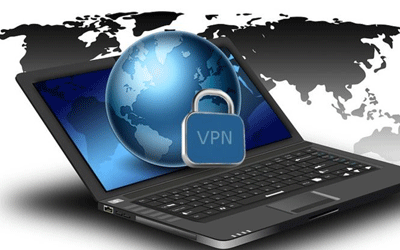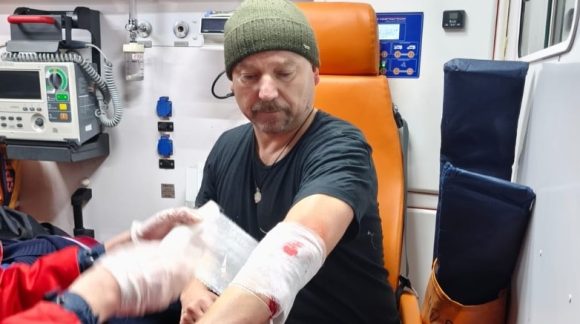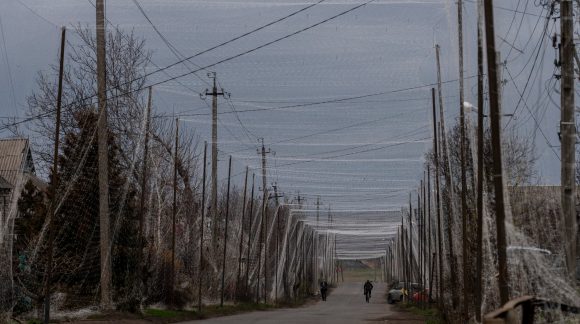Russia is stepping up control over residents of the occupied Ukrainian territories. Using VPN services, maintaining online anonymity, and even storing files privately will now become even more difficult, reports formerly Luhansk-based media outlet Realna Hazeta.
As the news outlet notes, Roskomnadzor issued a decree in early April ordering all Internet providers (both of home and mobile connection) to share data about the devices from which users access the network.

Photo by slovoidilo.ua
The data to be shared includes not only subscribers’ IP addresses, but also their real locations. This puts their anonymity is at risk and possibly renders VPN services ineffective.
Moreover, the Russian authorities will know who visited sites banned by the Kremlin and when. When the decree comes into effect, it may harm many residents of the occupied regions.
“The thing is, Russian courts can now confiscate property from people charged with ‘discrediting the army’. As court ruling statistics show, making or even sharing someone else’s post online can lead to severe penalties, including a prison term,” the news outlet notes.
Current penalties for such “offenses” also include deprivation of property.
According to Russian court statistics, penalties are imposed in 80% of such cases. This means people living under occupation should be careful online and mind what they say publicly on social media.
The media outlet adds that the mass surveillance in the occupied territories is not limited to the Internet.
In late April 2025, the underground resistance movement Yellow Ribbon reported on Telegram that Russian troops in the occupied part of Luhansk oblast had begun checking files on locals’ phones.
Such cases were recorded at checkpoints near Starobilsk, Perevalsk, Alchevsk, and Svatove.
The movement urged people to check all files in the “downloads” section on their smartphones to protect themselves. This section may store even the books, images (e.g. memes), and brochures you simply opened for viewing.
“This is important, because sometimes simply opening a file (for example, a curriculum to prepare for the National Multi-Subject Test) automatically downloads it to our device. This should be monitored and deleted,” the movement explained.
As the IMI reported, pro-Ukrainian Telegram channels in Luhansk oblast are losing subscribers, but continue to be a source of unique content from the occupied territories.



